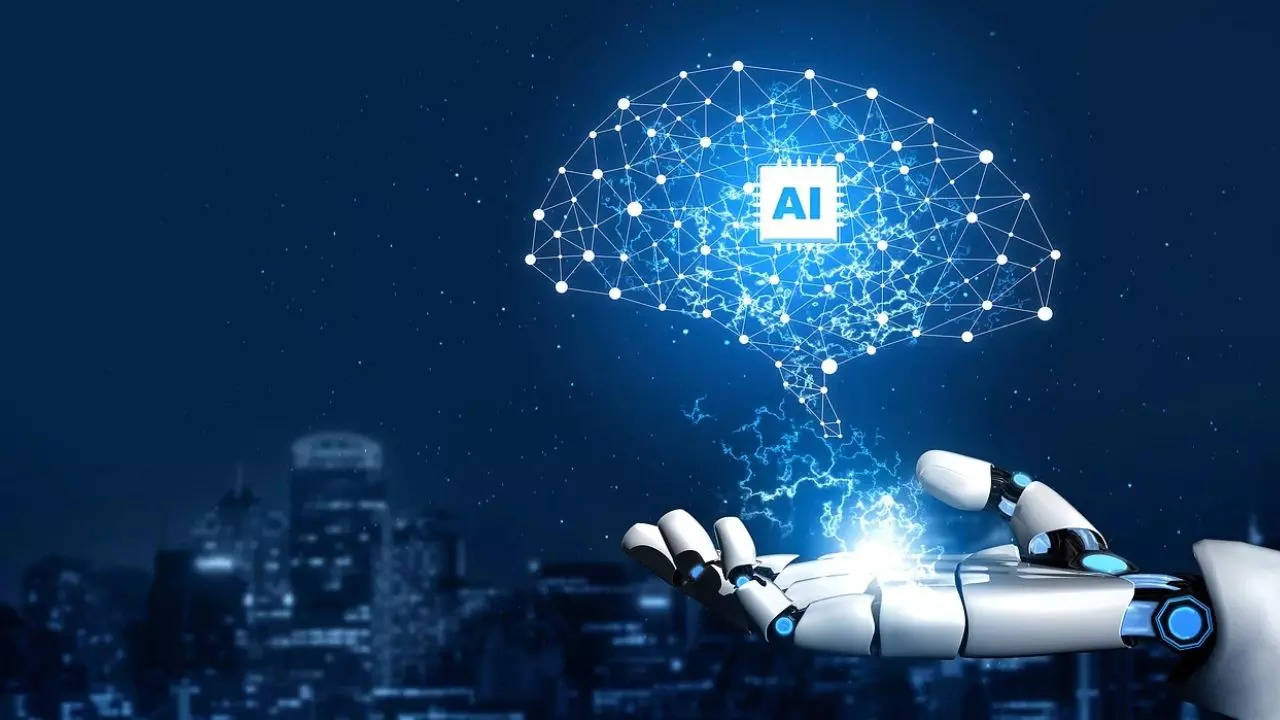
A study explores whether AI tools like ChatGPT enhance or hinder critical thinking. (Image Source: Pixabay)
Artificial intelligence is changing how we work, think, and make decisions; chatbots that interact with customers and AI tools that generate content have changed the way we live. But with the advent of fully-fledged AI, are we really becoming mentally dull? Some experts think our increasing reliance on AI erodes critical thought, while others think it’s worsening social biases. AI systems learn from data. If that data has any bias, there goes the algorithm, replicating and amplifying that bias. As companies race to create ever-more-powerful AI tools, concerns about automation bias, misinformation, and losing human decision-making skills are skyrocketing. Are we unknowingly giving away our ability to reason to the machines?
The Danger of Bias in AI
People consider AI as a neutral agent, but it can only be as fair as the dataset. Researchers have explored models of AI and found that they tend to reflect inherent biases of gender stereotypes, racial underrepresentation, and historical inequities. While AI-generated images typically depict male CEOs and female teachers. AI chatbots are likely to unconsciously include certain social norms in their replies. If this bias goes unnoticed, it nudges society toward the reinforcement of stereotypes rather than challenging them.
The Decline of Critical Thinking
Being able to provide answers so easily encourages people to think less. A recent study published in Computers in Human Behavior concludes that increased use of search engines reduces critical thinking skills and increases reliance on technology. Unlike Google Search, where users analyse multiple results, AI-enabled tools like ChatGPT generate a powerful single answer – that often makes people less likely to verify it. Higher sophistication level of AI would mean there is a real chance that human curiosity and problem-solving abilities will diminish away in time.
Ethical Concerns and the Future of AI
Nonetheless, the development of AI does bring up a vast range of ethical dilemmas that shades its prospect. Google, Microsoft, and other companies have faced criticism for neglecting their AI ethics boards. Leading AI researcher Timnit Gebru has cautioned that unregulated AI growth would spread misinformation and bias decisions. Even OpenAI CEO Sam Altman has admitted that AI-generated content can state potentially false information with confidence, so much that it becomes increasingly difficult for users to tell fact from fiction.
Striking a Balance
AI is incredibly powerful, but it must be wielded with care and caution. Experts recommend that we employ ongoing diligence in its use, build it ethically, and cultivate an awareness of automation bias. Use AI as an augmentation of human intelligence, not a replaceable part of it. The future of independent thinking will depend on how intelligently we set up AI in our lives.



